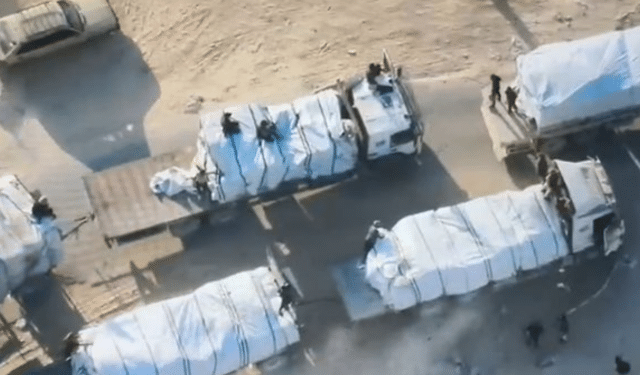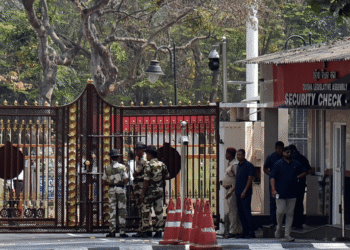Israel announced the suspension of all goods and supplies into the Gaza Strip, though it remains unclear if the supply of aid has been completely halted.
The Israeli Prime Minister’s office did not provide details on the decision but warned of “additional consequences” if Hamas does not accept what Israel claims is a US proposal for an extension of the ceasefire.
The first phase of the Israel-Hamas ceasefire, which saw a surge in humanitarian assistance, expired on Saturday. The two sides have yet to negotiate the second phase, which involves Hamas releasing dozens of remaining hostages in exchange for an Israeli pullout and a lasting ceasefire.
Earlier, Israel expressed support for a proposal to extend the first phase of the ceasefire through Ramadan and Passover, or until April 20. This proposal, attributed to the Trump administration’s Mideast envoy, Steve Witkoff, suggests that Hamas would release half the hostages on the first day and the rest upon reaching an agreement on a permanent ceasefire.
In response, Hamas senior official Mahmoud Mardawi criticized Israel for disavowing previous agreements, stating that such manipulation would only prolong the suffering and endanger the lives of the hostages.
The ceasefire agreement, which began on January 19, halted 15 months of fighting and facilitated the exchange of 33 Israeli hostages and five Thais captured during Hamas’ October 7 attack for around 2,000 Palestinian prisoners and detainees held by Israel. The agreement was intended to lead to further talks to build on the ceasefire deal.
Key Updates:
- Goods and Supplies: Israel halts entry into Gaza Strip.
- Ceasefire Proposal: Extension through Ramadan and Passover proposed by US envoy.
- Hostage Exchange: Hamas to release hostages in exchange for Israeli pullout.
- Hamas Response: Criticism of Israel’s disavowal of previous agreements.
- Ceasefire Agreement: Halted 15 months of fighting, facilitated hostage exchange.
The situation remains tense as both sides navigate the complexities of the ceasefire negotiations and the humanitarian implications for the Gaza Strip.





























